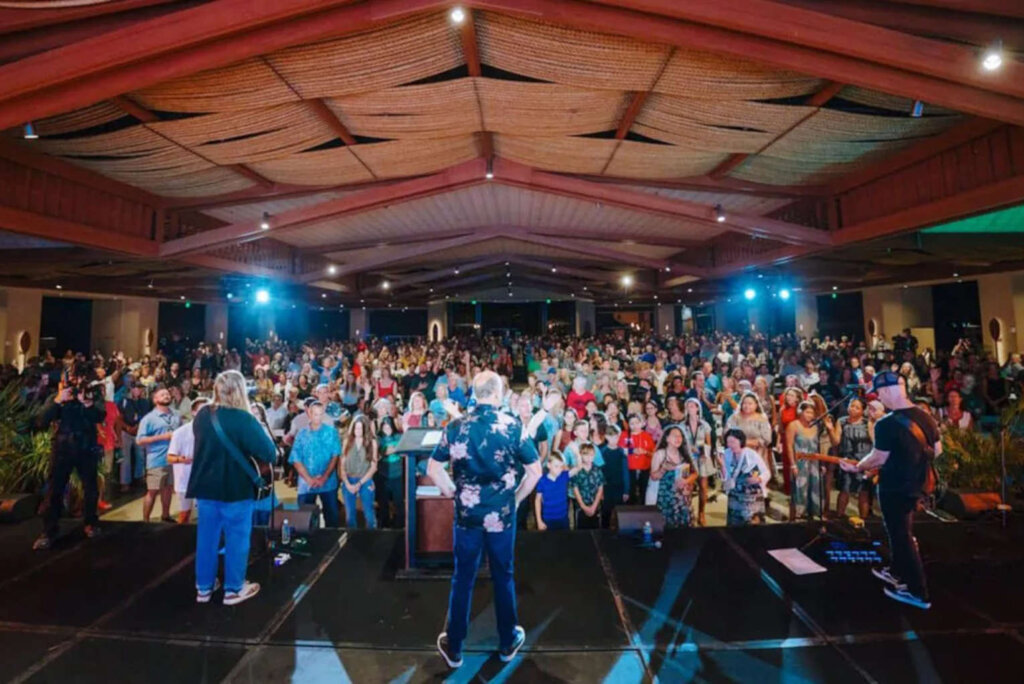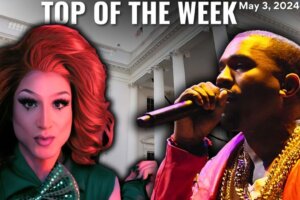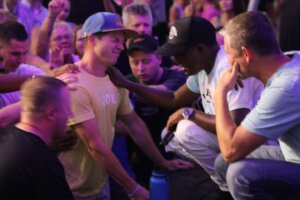The U.S. government filed court documents Tuesday laying out its case against cyclist Lance Armstrong, who is accused of defrauding the Postal Service by taking millions of dollars in sponsorship money while flouting professional cycling rules by doping.
The U.S. Department of Justice said in February it would join a whistleblower lawsuit brought in 2010 by Armstrong’s former teammate, Floyd Landis, and on Tuesday filed its formal complaint.
Armstrong has been stripped of his seven Tour de France titles and was banned for life from cycling in 2012 after accusations he had cheated for years. In January, he said the accusations were true in an interview with television host Oprah Winfrey.
Armstrong and his teammates from Tailwind Sports were paid $40 million by the Postal Service from 1998 to 2004, according to the suit. Armstrong’s salary during that time, excluding bonuses, was $17.9 million, according to the complaint.
The government is suing under the False Claims Act and can recoup up to three times the amount it lost as a result of the fraud. The complaint also alleges breach of contract, unjust enrichment and fraud.
An attorney for Armstrong said the complaint was opportunistic and insincere.
“The U.S. Postal Service benefited tremendously from its sponsorship of the cycling team. The USPS was never the victim of fraud,” said attorney Elliot Peters in a statement. “Lance Armstrong rode his heart out for the USPS team, and gave the brand tremendous exposure during the sponsorship years.”
The complaint echoes Landis’ claims that Armstrong and others defrauded the U.S. government by falsely denying the doping accusations and continuing their sponsorship relationship with the Postal Service.
When the government believes a suit has merit, it may take over the litigation. The individuals, or whistleblowers, get a portion of the proceeds if the case is successful.
The U.S. complaint accuses Armstrong of using at least one prohibited substance or method in connection with every Tour de France between 1999 and 2005. “Moreover, he knew that his teammates were engaged in similar doping practices, and he actively encouraged and facilitated those practices,” the complaint said.
“(T)he United Stated suffered damage in that it did not receive the value of the services for which it bargained,” the complaint said.
A lawyer for Landis, Paul Scott, said in statement that he was “pleased to see the United States take this important step toward recovering taxpayer dollars lost to fraud.”
The case is U.S. ex rel Landis v. Tailwind Sports Corp, U.S. District Court for the District of Columbia, No. 10-976.
© 2013 Thomson Reuters. All rights reserved.
See an error in this article?
To contact us or to submit an article























